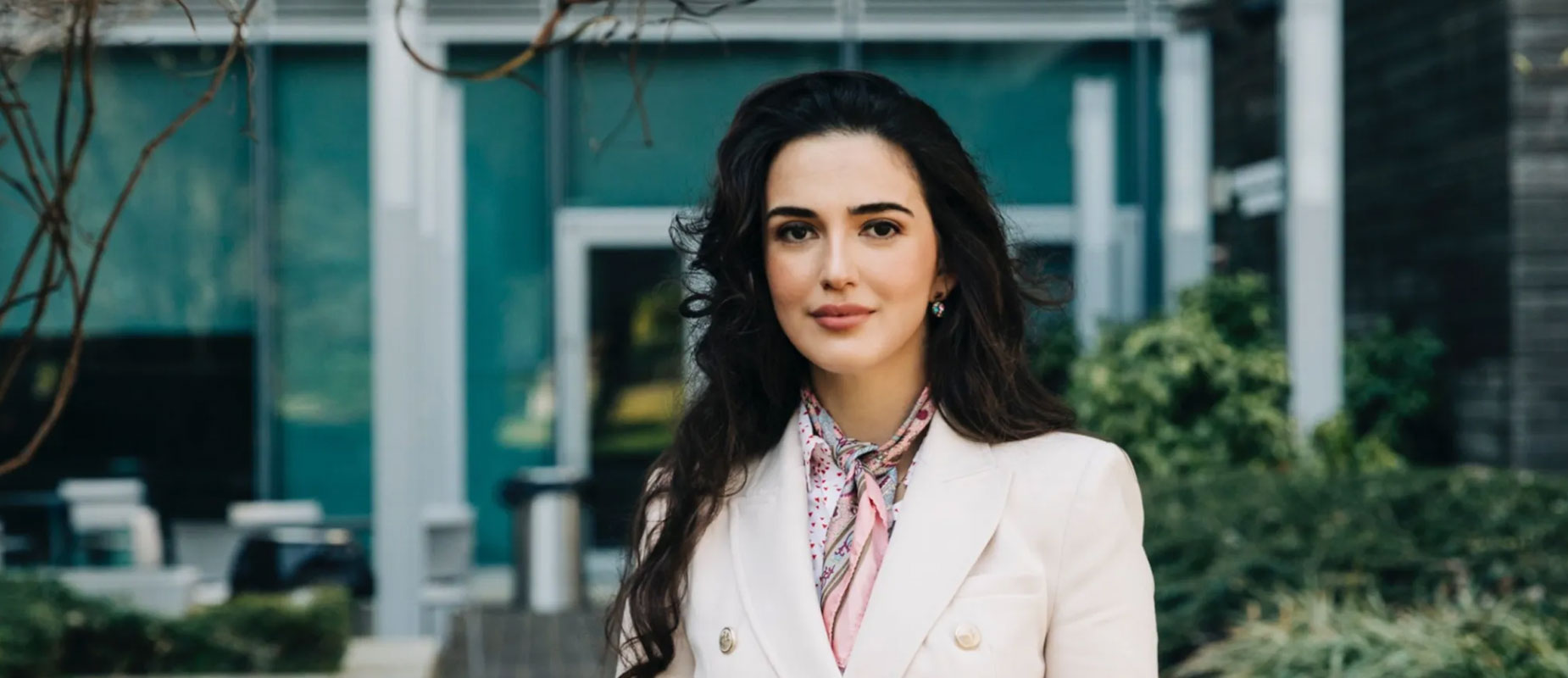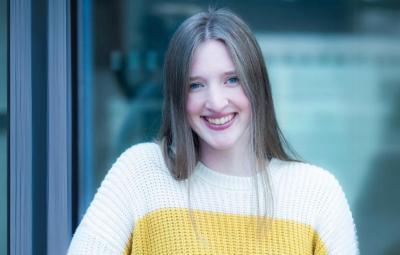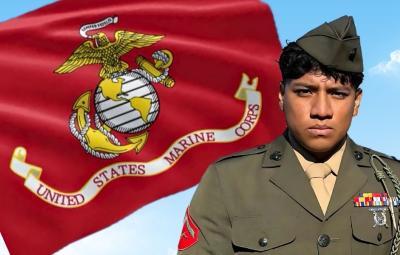
“My family experienced years of persecution under the Albanian Communist regime,” says Ravesa Bajo ’13, the new executive director of policy initiatives and special projects at the New York City Mayor's Office of Immigrant Affairs. “My father was imprisoned for 10 years because he embraced democratic values and opposed dictatorships. My mother grew up in internment camps and survived labor camps. Their struggles and commitment to justice served as my own moral compass as I charted my own path in the world.”
When Bajo was young, she witnessed the collapse of the Albanian government and her family fled the ensuing violence to France as political refugees and later French citizens. “There, we experienced marginalization, homelessness, and poverty,” she says. “Those formative years deeply informed my world view as we immigrated to the United States when I was 18 years old. Then we had to relive the immigrant experience. I actually learned to speak fluent English during my freshman year at John Jay College, where I started to build a new life and dreams.”
How would you describe growing up as an immigrant in different countries?
My journey led me to spend three specific life chapters in three different countries and cultures. I remember my childhood in Albania. Despite the violence and trauma caused by the civil war, for me it was once filled with incredible love. Spending my teenage years in Paris as a refugee, I formed my life philosophy while standing in the long bread lines and soup kitchens alongside families such as my own. My young adulthood was spent here in New York City where I explored all the ways I could make an impact in my newfound home. Today, as a New Yorker, I’m proud to say that my work as part of the mayoral administration leading citywide operations, formulating policy, invigorating civic engagement, and supporting immigrant and refugee populations has impacted the lives of millions of New Yorkers.
What was it like when you first came to New York City?
In the beginning of our journey in the U.S., while I struggled to communicate with my new classmates, I felt lonely and lost. I often asked my parents why they decided to make such a sacrifice, knowing that we could have remained in France. They believed then—and their conviction has only grown stronger now witnessing the successes of their children—that here in the U.S., despite the difficulties we’d experience in the beginning, if we really wanted to build something new, something hopeful, something better, we could.
What attracted you to John Jay College?
I decided I was going to attend John Jay as soon as I entered the main building. It felt like home. I had been advised by a high school counselor who spoke French to take a look at CUNY. At that point I had already formed an interest in becoming a lawyer and I asked her which of the CUNY colleges was best in jurisprudence. She said John Jay without the slightest hesitation.
What was it like experiencing John Jay as an immigrant?
John Jay was very much a lifeline for me and many young people like me who arrive in this country with barely anything. I immediately found the support, the resources, and the community that would propel me forward. During my time at John Jay, I developed the desire to commit to public service and finding long-term solutions to challenging social issues.
What John Jay experiences stay with you the most?
Winning the National Steamboat Foundation Scholarship was undoubtedly one of the most significant experiences in my life. For an entire summer I had the opportunity to intern for the Innocence Project, working on death penalty cases and criminal justice reform projects. I dream of returning to John Jay and creating a similar scholarship that provides deeply passionate John Jay students with placements in mission-driven, renowned organizations through an all-expense paid, cross-cultural experience.
How does it feel to be appointed to the MOIA?
It is an incredible privilege to serve as the new Executive Director of Policy Initiatives and Special Projects. I work closely with the administration and follow the lead of Manuel Castro, MOIA’s Commissioner, in closing service gaps for immigrant and refugee populations across the City. Additionally, we are at the forefront of the City’s rapid response in cases of local, state, and federal emergencies as well as geopolitical events, such as the current Russian-Ukrainian war. It is integral to provide our communities with the advocacy, support, and services they need and deserve. Armed with my own personal experience as a refugee and immigrant, I’m deeply invested in ensuring that I help build a city where the many challenges I experienced myself no longer exist for others.
How would you characterize your experience as an immigrant in the U.S.?
I am often reminded of my father’s words, “I am bringing you to this country, Ravesa, so you never feel like an outsider.” There’s something deeply poetic about such a diverse mosaic of people, journeys, and backgrounds culminating and intertwining in this country we all call home.



